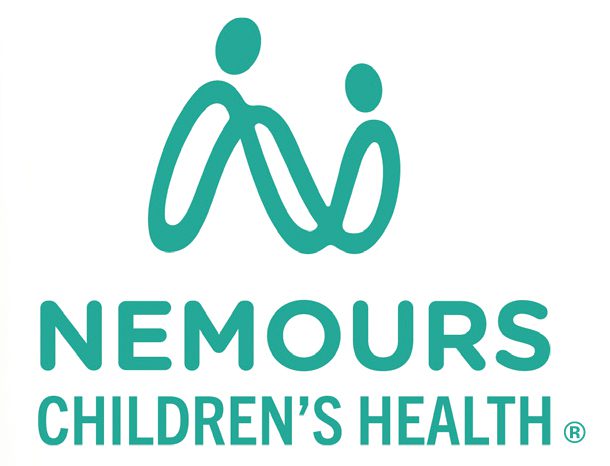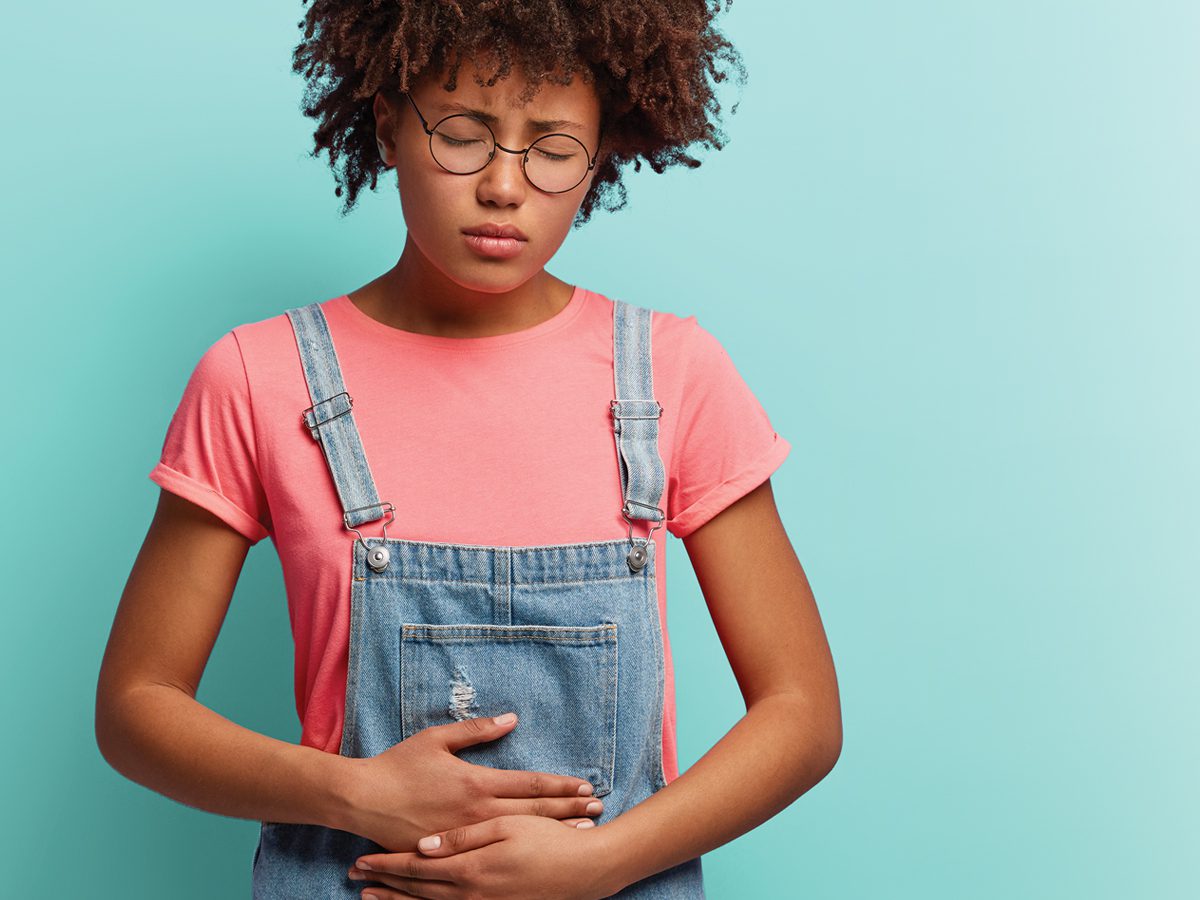When Tummy Troubles Mean Something More
When Tummy Troubles Mean Something More
Ask any parent, and they’ll tell you it’s not unusual to hear a child say their stomach hurts. But don’t be quick to dismiss the frequent complaint, says Pasquale Casale, MD, MHA, a urologist with Nemours Children’s Health. Stomach pain in children could be a sign of something serious, like kidney stones.
“When children complain about abdominal pain, kidneys are usually the last thing on people’s minds,” says Dr. Casale. The pain can be misdiagnosed as an abdominal process or even be dismissed as constipation. “But if a child’s condition doesn’t improve, consider other possible causes, including the kidneys. If I had to estimate, about 10% of kids with kidney issues might present solely with abdominal complaints.”

Pasquale Casale, MD, MHA
Over half of the diagnoses for kidney stones happen in the emergency room, where it can be confused as appendicitis, if on the right side, Dr. Casale says. It can sometimes take a second emergency visit for a deeper investigation to reveal that it’s actually a urologic issue.
“That’s the dangerous part,” he adds. “Simply put, the abdominal pain isn’t always due to intestinal issues. It might stem from the kidneys, bladder or reproductive organs. Recognizing that a kidney blockage as the root cause can sometimes take weeks, prolonging the child’s pain.”
Kidney stones have evolved from being a rare childhood disease to a growing concern in recent years. “They were once considered an adult disease, but that scenario has changed tremendously,” says Dr. Casale, recalling that during his residency at Nemours Children’s, he encountered only a handful of children with kidney stones. “Around 2005 to 2007, we began seeing a significant increase in pediatric kidney stone cases, almost like a tidal wave.”
One factor of stone formation has been directly associated with a lack of fluid intake, which is by far one of the most common causes of kidney stones, Dr. Casale says. Low fluid intake leads to reduced urination, which may lead to supersaturation of minerals. That mineral build up can contribute to the formation of kidney stones. Once the stones move into the urinary tract, they cause pain and other symptoms, particularly if they block the urine flow.
However, the reasons behind the uptick in kids’ cases aren’t entirely clear. Dr. Casale says changes in children’s dietary habits, an increase in processed food consumption, and other factors like climate change might be contributing to this trend. Consuming both caffeinated and decaffeinated beverages, often misunderstood as caffeine-free, adds to the risk, as does a high-salt diet, often found in school lunches.
Oftentimes, many of his patients are girls between 10–17. They are typically very active, on the go and consuming lots of energy drinks, coffee or boba tea, he adds.
It is not uncommon that they consume these beverages that can affect them, Dr. Casale explains. “We definitely know caffeine is bad for you when it comes to kidney stones.”
Family history and other medical conditions can also play a role. “A family history of metabolic disease is a predisposition for kidney stones,” says Dr. Casale. It also affects people with mobility issues, which includes those who are wheelchair bound.”
To detect kidney stones, doctors use blood tests, urine tests and imaging like ultrasounds or CT scans. While many stones pass without major issues, they can cause intense pain. A large stone can block urine flow, leading to kidney swelling and potential long-term damage if untreated.
On the preventative side, hydration and a low-salt diet are essential for avoiding most cases of kidney stones in children, says Dr. Casale, although some children might require medication because of metabolic issues.
However, encouraging kids to hydrate and adopt a diet that helps prevent stones isn’t always easy, Dr. Casale says. One of the main hurdles is ensuring they drink enough water, which directly relates to their toilet practices. Some kids deliberately reduce their water intake to minimize bathroom visits for various reasons.
“Their bladder behaviors sometimes have underlying social and psychological factors,” he says. “We see kids with potty training issues because that’s a way they can control their surroundings. Or they may not use the bathroom because they fear they will get bullied. The other thing they may control is their liquid intake. It’s difficult to force children to drink enough water. If they don’t want to do it, it’s just a battle. It can turn into a vicious cycle.”
School routines sometimes further exacerbate the issue. It’s rare for children to be allowed to keep water bottles at their desks,” Dr. Casale says. “We often have to write formal letters to schools to make this exception.”
For treatment, noninvasive methods are always the first line of defense. Hydration and medication help most kids pass stones naturally. But many children, due to the challenges of passing stones and their size, may need surgery and potentially multiple, painful procedures over months.
“Kids don’t pass the kidney stones at the same rate as adults do,” he says. “Smaller stones that an adult could typically pass could end up getting stuck in a child, and often require surgery. However, the surgical tools available aren’t specifically made for kids, so a child might need two or three procedures to take care of that same stone.”
While there’s no complete cure for kidney stones, he says the aim is to keep them at bay.
“Our biggest task is not to make a child go through this again,” Dr. Casale says. “Watching a child go through months of procedures and pain is tough. Even with the best efforts, sometimes these things come back.”
Dr. Casale adds, “We strive to put them into remission or into a process where they’re not making stones that quickly. Once you make one kidney stone, there’s a 50% chance you’re going to make another. An important way to help prevent kidney stones is with manipulation of diet and fluid intake.”
“It takes a partnership,” Dr. Casale says. “Engaging kids and partnering with their parents or caregivers is essential. It takes a village to prevent kidney stones in a child.”
Signs & Symptoms of Kidney Stones
Small stones can pass out of the body with little or no pain. Larger stones in the urinary system may get stuck and cause symptoms like:



